FREQUENTLY
ASKED
QUESTIONS
What is a BIO-BASED plastic ?
BIO-BASED is a term used to define those plastics whose monomers come from renewable resources. These sources correspond to agricultural raw materials that do not compete with the food industry, such as forest residues, cereal, sugar beet, cassava or sugar cane crops.
ECO-WARNING! Not all bio-based polymers are biodegradable, some are, others are not, a polymer is biodegradable or not according to how its molecular chains are structured.
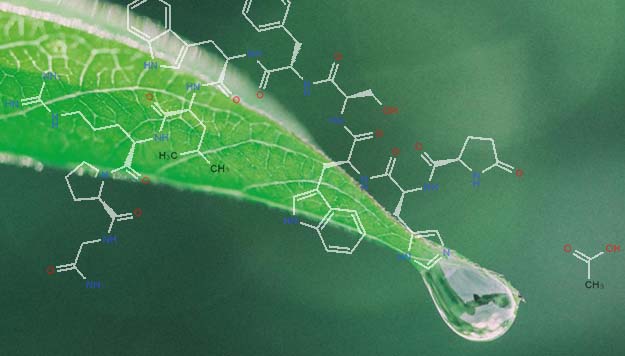
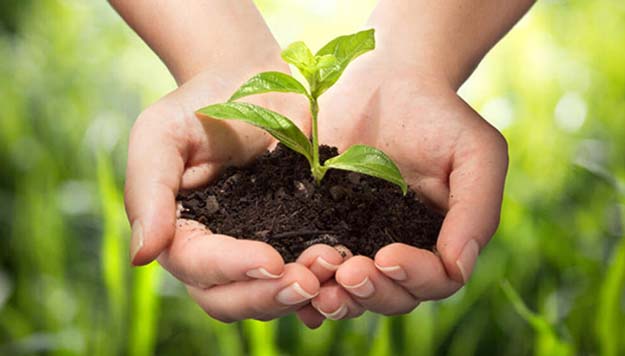
What is a BIODEGRADABLE plastic?
BIODEGRADABLE plastic is plastic that, at the end of its life cycle, is completely degraded by microorganisms present in the environment. Biodegradation depends on environmental factors such as humidity, light, temperature, bacterial load, etc.
ECO-WARNING! Biodegradability is linked to the molecular chain and does not depend on the origin of the raw materials. Biodegradable polymers can be of renewable (bio-based) or non-renewable origin.
What is a COMPOSTABLE plastic?
A plastic is COMPOSTABLE when it is transformed into organic fertilizer (compost) in industrial treatment plants or domestic containers, and provided that it meets controlled compostability parameters (temperature, humidity, microorganisms) and degrades within a certain time frame and subject to any of the following standards EN 13432 (Europe), ASTM D6400 (USA), AS 4736 and AS5810 (Australia).
ECO-WARNING! All compostable polymers are biodegradable, but a biodegradable polymer may or may not be compostable.
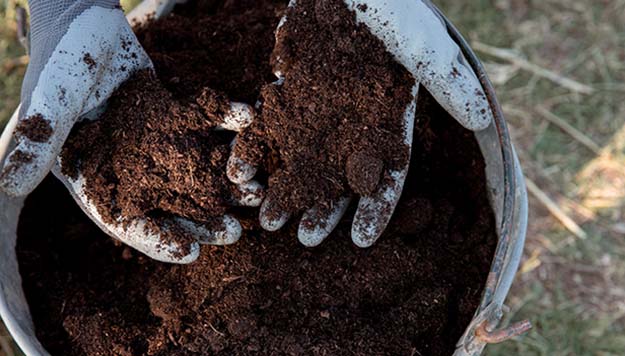
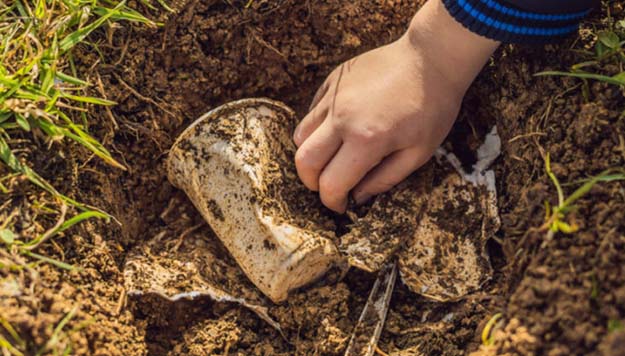
What happens if compostable plastic is not DISPOSED correctly?
Compostable plastics (compostable polymers) offer an environmentally friendly solution, but they do not degrade rapidly if disposed of in a landfill or in the natural environment. They must be disposed of together with organic and compost waste in specialized facilities, otherwise they can be as harmful to nature as traditional plastic.
ECO-ADVICE! Send compostable plastic (compostable polymers) to an industrial composting facility or dispose it in your home compost bin.
Is it possible to have a plastic FREE society?
Plastics can be converted into an almost infinite number of products. Imagine a world without plumbing, replacement heart valves, lightweight car interiors, cell phones, electronics, etc. It’s pretty hard to imagine, isn’t it? Plastics are here to stay, but what we need are better plastics that are made efficiently and that do not harm the environment during their manufacture, use and final disposal.
ECO-ADVICE! Always check the label so that you clearly understand what a product is made from and whether the method of disposal is accessible to you.
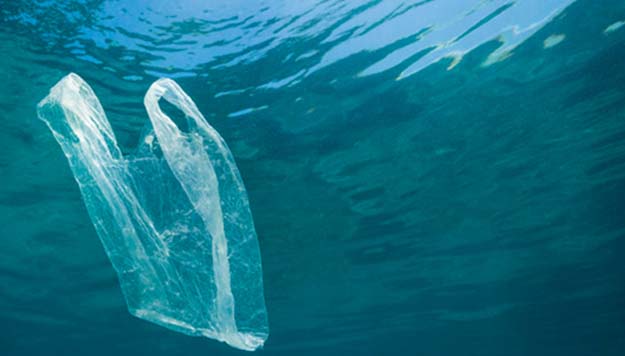
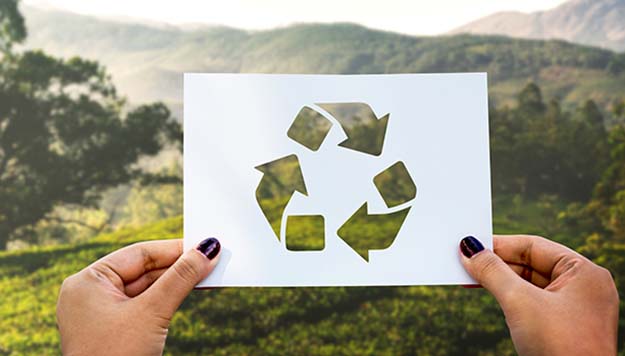
Is it enough to RECYCLE plastics?
Plastic recycling reduces the use of valuable resources and the negative impact of excess plastic on the environment. However, while almost all types of plastics can be recycled, many cannot. This is due to the complex logistics, the cost of collection, the difficulty of separating multilayer plastics and the contamination of the films as a result of the material contained in their packaging function. Unfortunately, many plastic products cannot be effectively recycled.
ECO-ADVICE! Do not mix items which can not be recycled into your recycling as this contaminates the recyclable products making them unusable.
What are the THREE Rs?
The three R’s (reduce, reuse and recycle) help reduce the amount of waste we throw away. They conserve natural resources, landfill space and energy. In addition, the three Rs save land and money that communities must use to suppress landfill waste. We believe that to this rule we must add CHOOSE in those cases that it is not possible to follow it. Example, when we forget a grocery bag. CHOOSE friendly products that reduce the environmental impact to the minimum possible.
ECO-ADVICE! Avoid products categorized as No. 7 (check the triangle-shaped recycling symbol), such as nylon, acrylic and polycarbonate, since are virtually impossible to recycle.
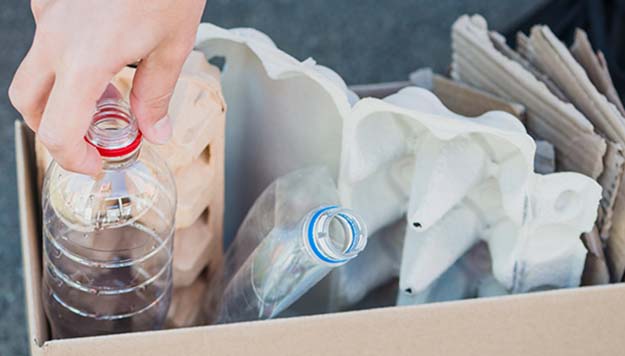
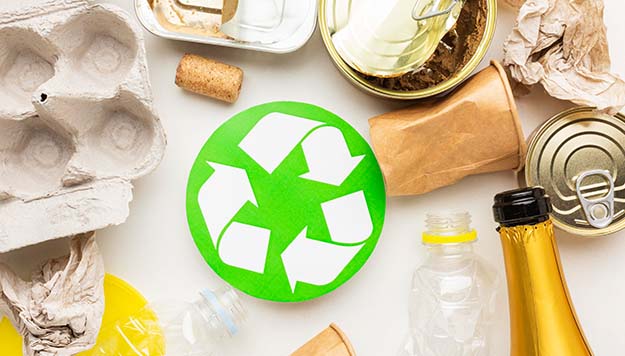
Differences between industrial and domestic COMPOSTABLE?
The main difference is temperature, all certification procedures for home compostability are based on industrial compostability criteria whose essential requirements are degradation, disintegration, ecotoxicity and heavy metals.
ECO-ADVICE! Wherever possible, buy products which are truly home-compostable. These products simply add back to the earth and do not add more waste to recycling processes and to landfill.
